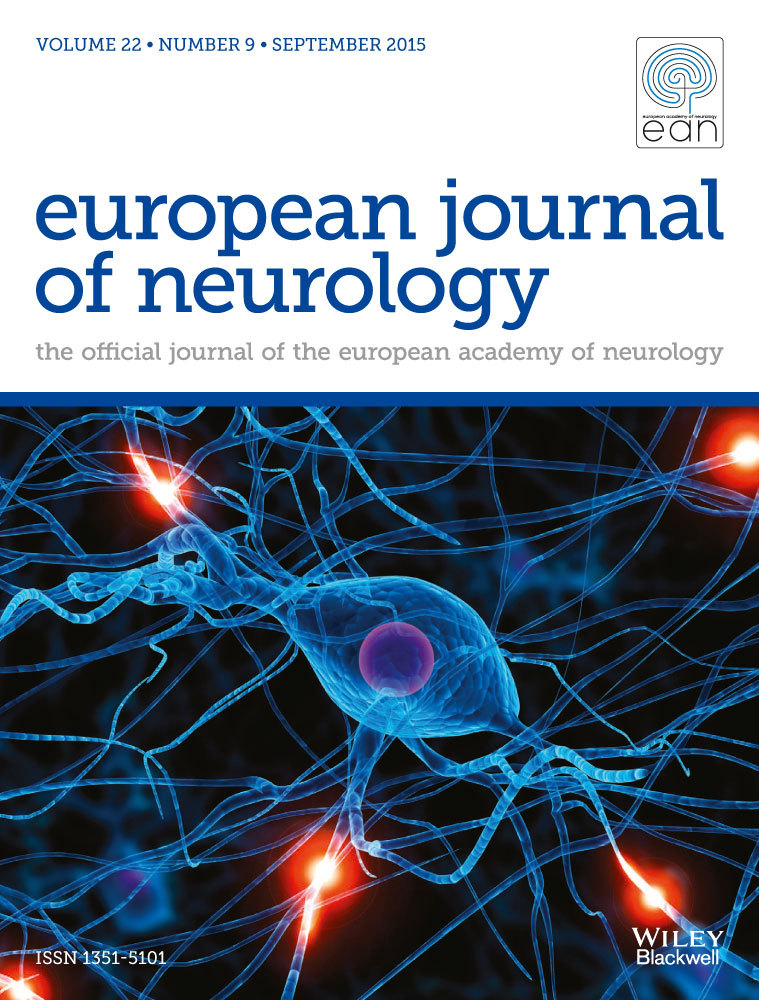Efficacy and safety of pharmacological treatments for acute Lyme neuroborreliosis – a systematic review
Abstract
Background and purpose
Our aim was to evaluate the available evidence for pharmacological treatment of acute Lyme neuroborreliosis as a basis for evidence-based clinical recommendations in a systematic review.
Methods
A systematic literature search of Medline, EMBASE, the Cochrane Library and three trial registries was performed. Randomized controlled trials (RCTs) and non-randomized studies (NRS) were evaluated. Risk of bias was assessed using the Cochrane risk of bias tools. The primary outcome was ‘residual neurological symptoms’ whilst the secondary outcomes were disability, quality of life, pain, fatigue, depression, cognition, sleep, adverse events and cerebrospinal fluid pleocytosis. The quality of the evidence was assessed using the Grading of Recommendations Assessment, Development and Evaluation (GRADE) approach.
Results
After screening 5779 records, eight RCTs and eight NRS were included. Risk of bias was generally high. No statistically significant difference was found between doxycycline and beta-lactam antibiotics in a meta-analysis regarding residual neurological symptoms at 4–12 months [risk ratio (RR) 1.27, 95% confidence interval (CI) 0.98–1.63, P = 0.07] or adverse events (RR 0.82, 95% CI 0.54–1.25, P = 0.35). Significantly fewer neurological symptoms for cefotaxime compared with penicillin were found (RR 1.81, 95% CI 1.10–2.97, P = 0.02). Adverse events were significantly fewer for penicillin (RR 0.56, 95% CI 0.38–0.84, P = 0.005).
Conclusions
Evidence regarding pharmacological treatment of acute Lyme neuroborreliosis is scarce and therefore insufficient to recommend preference of beta-lactam antibiotics over doxycycline or vice versa. However, due to considerable imprecision, relevant differences between treatments cannot be excluded. No evidence suggesting benefits of extended antibiotic treatments could be identified. Further well-designed trials are needed. Individual treatment decisions should address patients' preferences and individual conditions like prior allergic reactions.




